Identifying major security-cooperation challenges and related practitioner knowledge and skills needed, comparing learning models and identifying potential collaboration interfaces and initiatives related to security practitioner education and leader-development was the focus of the Regional Counterparts Collaboration Workshop held in Hawaii November 14-16.
APCSS hosted the collaborative multi-national workshop of presiding officials from security studies institutes across the Asia-Pacific region. According to workshop coordinator, Captain Brad Smith, “The workshop provided a unique venue to share ideas on what we each uniquely and commonly do, how we do it in ways that make it highly attractive to the right Asia-Pacific security practitioners, and where there are interfaces that can be profitable for future partnering, leveraging, and capacity building.
Attending the workshop were 13 Directors/Deans or designated proxy of security studies institutes from Australia, Bangladesh, India, Republic of Korea, Nepal, New Zealand, Pakistan, Philippines, Singapore, Thailand, U.S. (2), and Vietnam. Officials from Office of the U.S. Secretary of the Defense, and U.S. Pacific Command also participated in the event.
Other workshop objectives included: Identifying potential research partnering and faculty exchange opportunities and means; potential collaboration initiatives that participant organizations may further study; and the next steps for what participants want to do together.
As a result of the workshop, the participants identified priority educational requirements such as: 1) Broadening knowledge – Stovepipe busting/integrated knowledge; better understanding of historical, societal, and geo-political context; trifocal thinking (understanding national, regional, and global implications); analyze emerging issues; 2) Sharpening skills – Emphasize critical and creative thinking; improve diplomatic skills in media management, cross-cultural communication, listening skills, negotiation, results-driven outcomes, risk assessment, scenario building; change management; leveraging information technology; and 3) Building relationships – Strengthen networks among fellows and between and among institutions; staff and fellows exchanges; partnered outreach; collaborative research; diversify audiences; publication exchange.
Next steps include developing collaboration opportunities and information sharing. The Centers/Institutes are posting academic calendars, course syllabi, and research and publication web links in the Regional Counterparts Collaboration Workshop folder established at APCSS’s Asia-Pacific Collaboration Security Consortium (APCSC) portal (http://apcss.apan-info.net/).
Participants included: the Centre for Defence and Strategic Studies (CDSS) – Australian Defence College; Bangladesh Institute of International and Strategic Studies (BIISS); Institute for Defence Studies and Analysis (IDSA) – New Delhi, India; Korean National Defense University (KNDU); South Asia Centre for Policy Studies (SACEPS)- Nepal; New Zealand Defence College (NZDC); National Defence University Pakistan (NDU); National Defense College of the Philippines (NDCP); S. Rajaratnam School of International Studies (RSIS) – Singapore; National Defence College of Thailand (NDC); Center of Excellence in Disaster Management and Humanitarian Assistance (COE) – Honolulu; APCSS; and the Institute for International Relations (IIR) – Vietnam


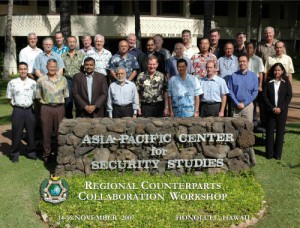

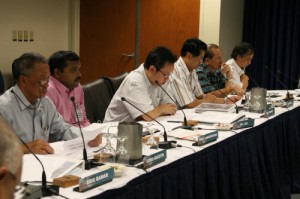
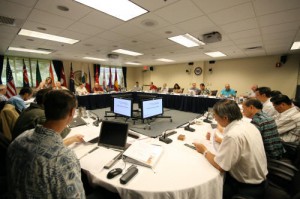
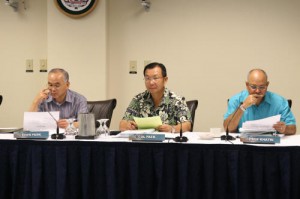
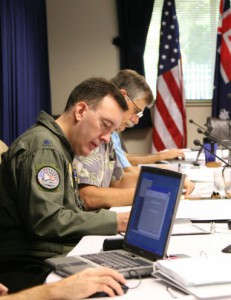

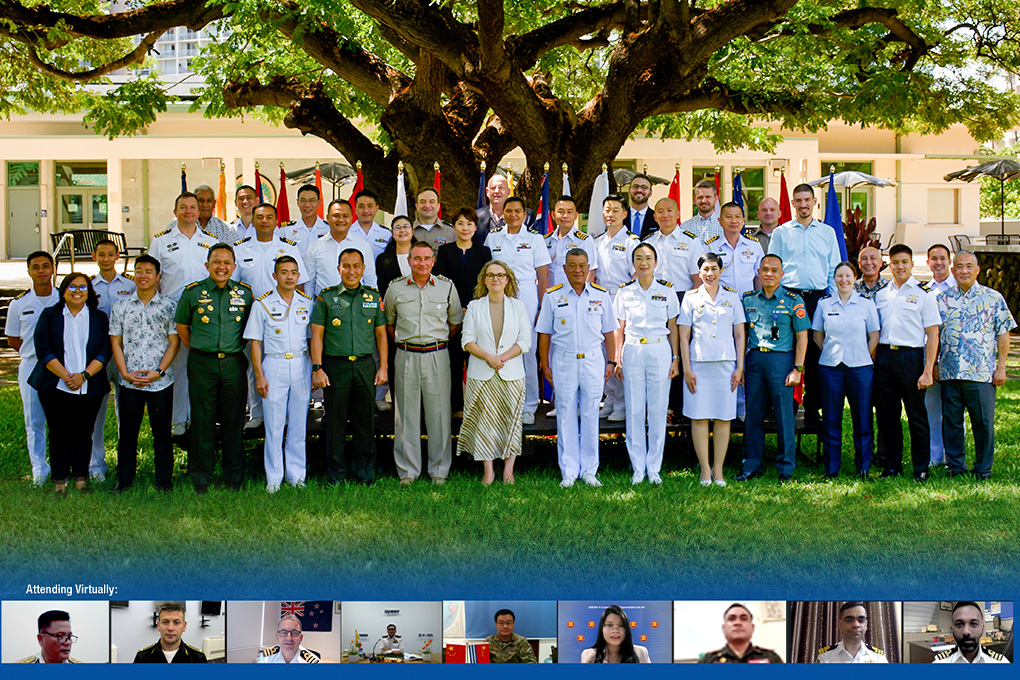
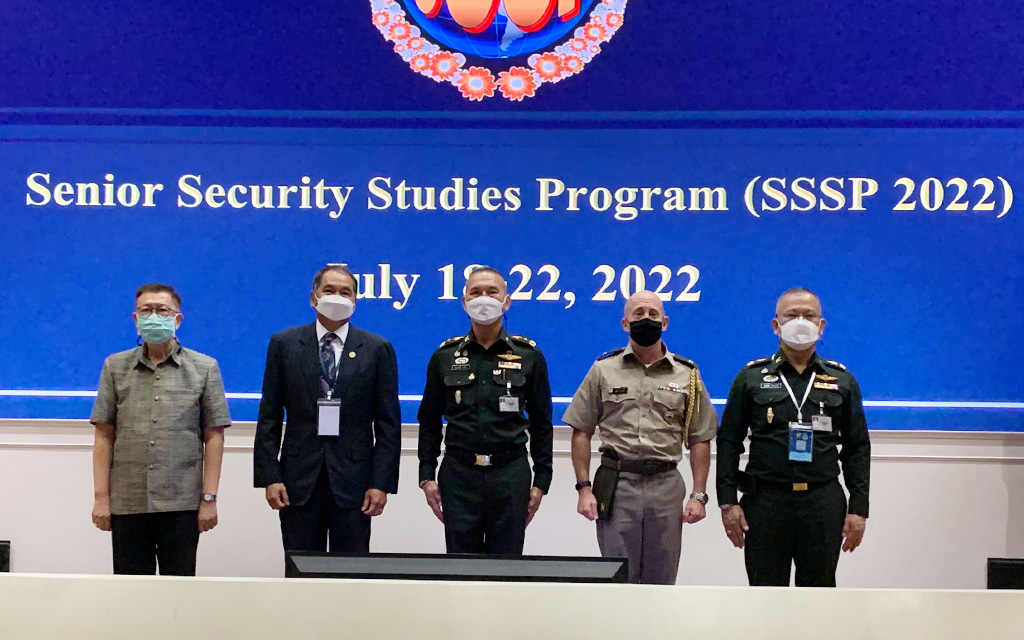




Leave A Comment